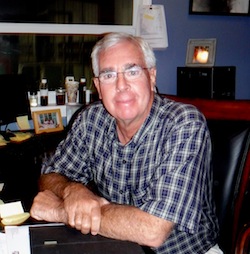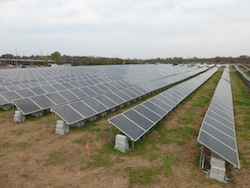A letter has been submitted to the House Ways and Means and Senate Finance Committees and signed by more than 60 advanced biofuel companies and four trade associations encouraging Congress to extend tax provisions set to expire at the end of December 2013.
 The Advanced Ethanol Council, Advanced Biofuel Association, Algae Biomass Organization and Biotechnology Industry Organization delivered the letter to Reps. Dave Camp (R-Mich.) and Sander Levin (D-Mich.) and Sens. Max Baucus (D-Mont.) and Orrin Hatch (R-Utah) on behalf of 63 member companies, whose logos are included on the letter.
The Advanced Ethanol Council, Advanced Biofuel Association, Algae Biomass Organization and Biotechnology Industry Organization delivered the letter to Reps. Dave Camp (R-Mich.) and Sander Levin (D-Mich.) and Sens. Max Baucus (D-Mont.) and Orrin Hatch (R-Utah) on behalf of 63 member companies, whose logos are included on the letter.
“The advanced biofuels industry is at a critical stage of development. The industry has made great strides in reducing the cost of production and developing first-of-kind technologies and bio-refining operations to deploy the most innovative fuel in the world. In a difficult financial market, we are now operating commercial plants all across the country and continue to make progress on dozens of additional projects in the final stages of development. As was the case with the conventional biofuels industry, these groundbreaking production processes can be replicated rather quickly once the technology is proven at commercial scale,” the organizations and companies wrote.
The industry says these credits are vital to the ongoing development of the domestic advanced biofuels industry and therefore further urged the members of Congress to extend current tax provisions for multiple years, to ensure stability in the marketplace.
The letter continued, “Accelerated depreciation allowances, technology specific deductions and production-related tax credits are currently offered to incumbent fossil energy industries on a permanent basis. As such, similar tax provisions made available to the advanced and cellulosic biofuels industry level the playing field with fossil fuels and are critical to our efforts to compete for project capital given that these types of incentives are available to our primary competitors.”










